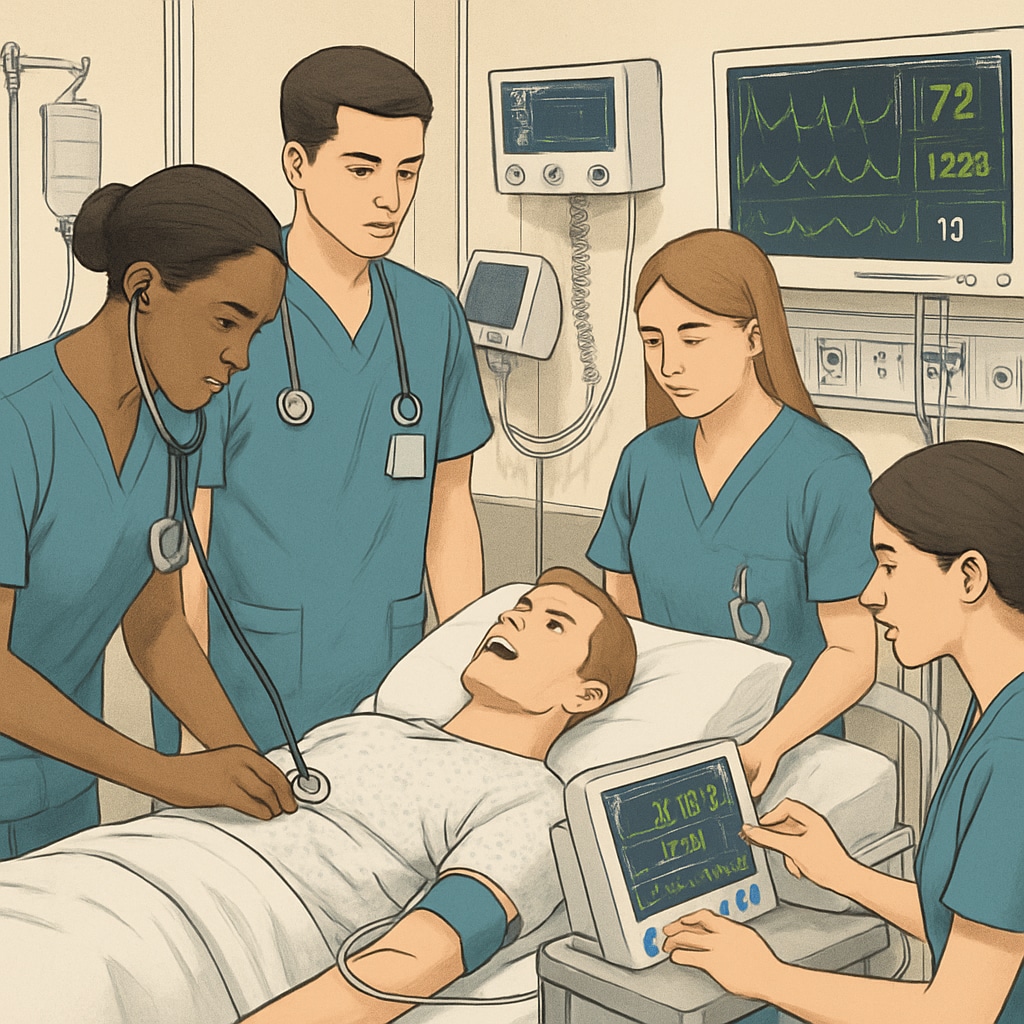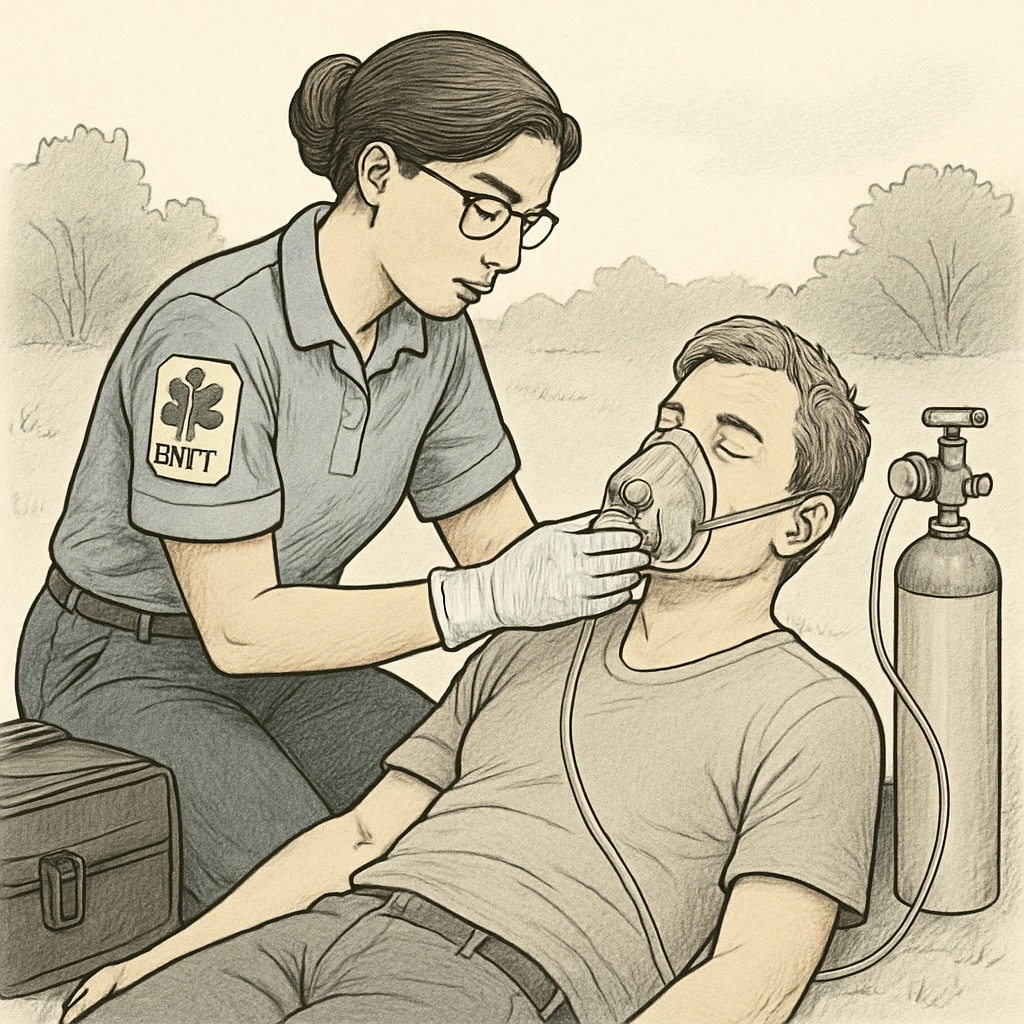For college students aspiring to join a nursing program, making the right choice during the transfer process is crucial. Whether you’re considering universities like UMKC, Missouri State, or Arkansas, understanding how to blend academic preparation with unique experiences like EMT (Emergency Medical Technician) training can significantly enhance your application and career trajectory. This guide offers insights into evaluating schools and improving your chances of acceptance into competitive nursing programs.
Evaluating Nursing Programs: Factors to Consider
Choosing the right nursing school is a multifaceted decision. Factors such as program accreditation, clinical experience opportunities, and campus environment play an essential role. For example, UMKC (University of Missouri-Kansas City) is renowned for its integrated healthcare system partnerships, providing hands-on clinical training. Missouri State University emphasizes community health initiatives, while the University of Arkansas boasts state-of-the-art simulation labs.
- Accreditation: Ensure the program is accredited by bodies like the CCNE (Commission on Collegiate Nursing Education) or ACEN (Accreditation Commission for Education in Nursing).
- Clinical Opportunities: Look for schools that offer diverse clinical rotations in areas such as pediatrics, geriatrics, and emergency care.
- Campus Culture: Consider factors like student support services, extracurricular activities, and networking opportunities.

Boosting Your Application with EMT Experience
EMT experience can be a game-changer for students transitioning into nursing. It demonstrates your ability to handle high-pressure situations, communicate effectively in emergencies, and provide compassionate care. Many nursing programs value applicants with firsthand exposure to patient care, as it indicates practical readiness for the field.
To leverage your EMT background:
- Highlight Relevant Skills: Emphasize competencies like patient assessment, teamwork, and crisis management in your application essays.
- Secure Strong Recommendations: Ask supervisors or colleagues in your EMT role to write detailed recommendation letters that showcase your dedication and abilities.
- Connect with Faculty: Reach out to nursing program advisors to discuss how your EMT experience aligns with their curriculum.

Making Informed Decisions for Your Nursing Career
In addition to academic and professional factors, personal preferences should influence your choice of school. Ask yourself critical questions:
- Do I prefer a large university or a smaller, tight-knit campus community?
- Is location important? Would I thrive in an urban, suburban, or rural setting?
- Does the school offer financial aid, scholarships, or work-study programs to reduce costs?
Furthermore, visiting campuses, speaking with current nursing students, and attending open houses can provide valuable insights. For instance, Missouri State’s nursing department often hosts Q&A sessions with faculty, while UMKC organizes simulation lab tours for prospective students.
As a result, thorough research and self-reflection will ensure that your chosen nursing program aligns with both your professional goals and personal values.
Readability guidance: Stick to concise paragraphs and use lists to organize key points. Incorporate accessible language while balancing academic and practical advice. Transition words like “in addition,” “for example,” and “therefore” help connect ideas smoothly.


